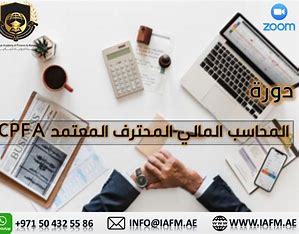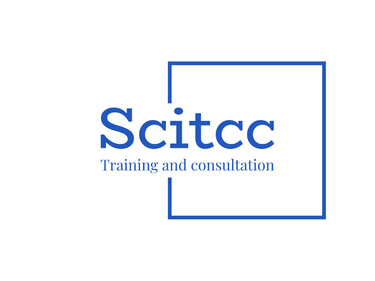
Degree in Finance and Applied Accounting
Degree in Finance and Applied Accounting
$3500.00
Day One: Introduction to Finance and Accounting
Objectives:
Understanding the basic concepts of accounting and finance.
Understanding the role of accounting in supporting financial decisions.
Content:
Definition of accounting and finance.
Basic accounting principles (GAAP/IFRS).
The difference between financial accounting and managerial accounting.
Presentation of financial statements (balance sheet, income statement, cash flows).
Learning method:
A theoretical presentation using illustrative slides.
Interactive discussion with the trainees.
Practical exercises on reading financial statements.
Day Two: Financial Analysis and Decision Making
Objectives:
Learn methods for analyzing financial statements.
Understanding the relationship between financial analysis and decision-making.
Content:
Financial analysis tools (financial ratios).
Analysis of profitability, liquidity, and efficiency.
Using financial analysis to support management decisions.
Case studies.
Learning method:
Analytical workshops.
Solving practical problems using real-life examples.
Day Three: Cost and Budget Management
Objectives:
Identifying cost management techniques.
Understanding the importance of budgeting and its role in financial planning.
Content:
Definition of costs and their types.
Cost-benefit analysis.
Steps for preparing operational and capital budgets.
Using budgets to control performance.
Learning method:
Interactive lectures.
Practical exercises on budget preparation.
Group discussion on practical challenges.
Day Four: Practical Accounting Applications
Objectives:
Applying accounting concepts to specialized software.
Getting to know the latest technological tools in accounting.
Content:
Using accounting software (such as Excel and QuickBooks).
Preparing financial statements using software.
Verification of accounting accuracy and error correction.
Learning method:
Practical sessions using the computer.
Practical exercises for preparing financial statements.
Day Five: Modern Trends and Professional Certifications
Objectives:
Understanding the latest trends in finance and accounting.
Recognizing international professional certifications and their importance.
Content:
Modern technologies (Blockchain, AI, Big Data).
Professional certifications (CFA, CMA, CPA).
How to build a successful career path in finance and accounting.
An open discussion to exchange experiences.
Learning method:
Presentations.
Closing discussion session.
Providing inspiring examples from industry experts.
Target audience of the course:
Employees: Those working in the field of finance and accounting who wish to develop their skills.
Recent graduates: Those interested in entering the field of finance and accounting.
Entrepreneurs: Those who wish to understand the basics of financial management for their projects.
Department managers: Those who need a basic understanding of financial data analysis.
Learning methods:
Interactive lectures: To explain theoretical concepts.
Practical workshops: For implementing financial applications using modern tools.
Case studies: To analyze real-life problems.
Daily assessments: To measure the trainees' understanding.


